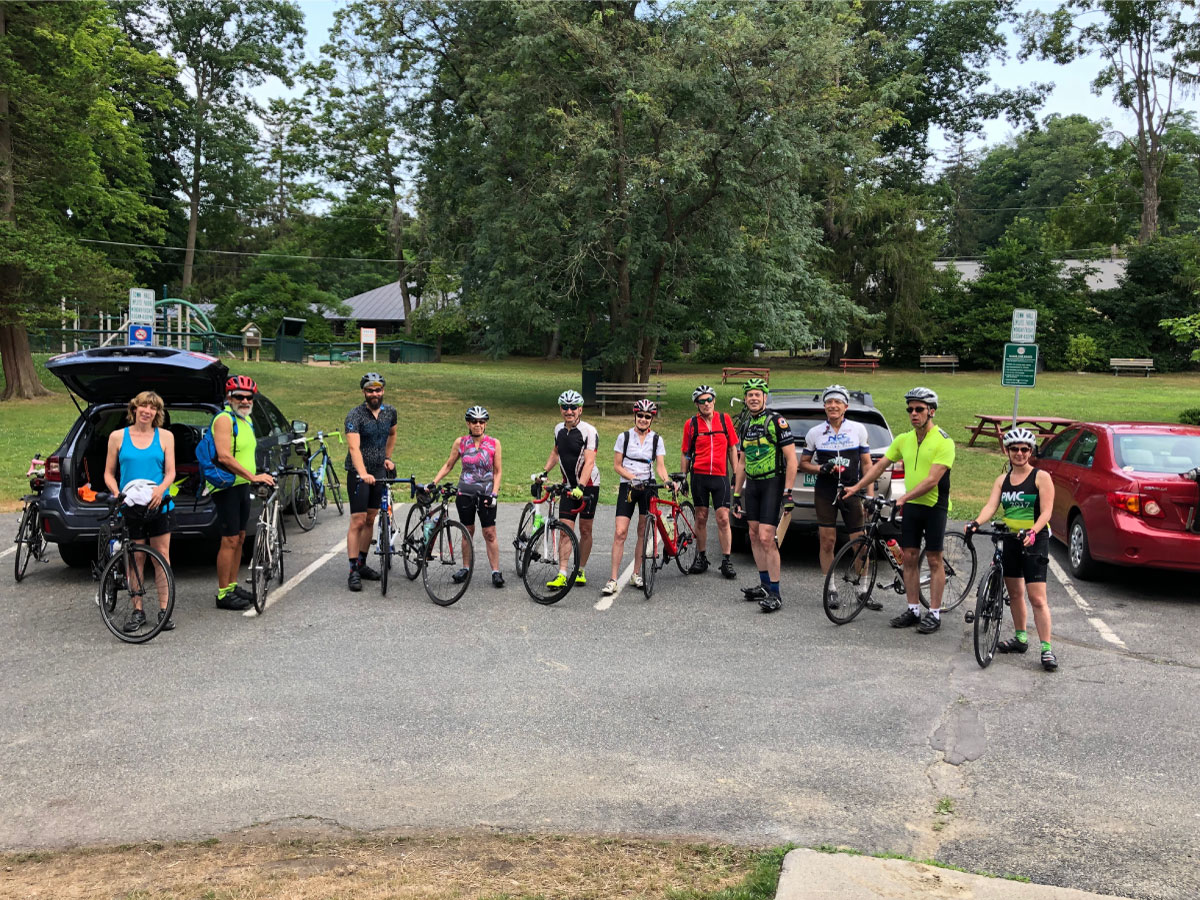Tips for Safe and Enjoyable Recreational Outdoor Cycling

AMC Western MA Chapter
07‑Jul‑2019
Recreational cycling is a great way to have fun in the outdoors, while maintaining good health and fitness. Still, to enjoy the full benefits of outdoor riding, there are a few things you need to do before, during and after you ride.
07‑Jul‑2019
Before You Ride
- Assemble a roadside repair kit. Flat tires suck, but they happen, so you should be prepared with the knowledge, tools and equipment you need to repair a flat tire while out on the road. Always carry a spare tube, tire levers, and an inflator (air pump). Make sure the tube is the right size for your tires, and has the right valve type (typically Presta or Schrader). Ideally, also carry a small patch kit, and a mini tool. If you don't know how to fix a flat yourself, it's a skill worth learningâthere are many online resources you can consult. But if you get a flat and can't fix it yourself, there's at least a chance that someone else can help you if you have a tube and tools. (All AMC trip leaders know how to fix flats.)
- Clean and lubricate your chain. Your bicycle chain plays a central role in the transfer of power from your legs into forward movement. It requires periodic cleaning and lubrication. The more regularly you clean and lubricate your chain, the easier it will be. Dirty chains increase wear on other parts of the bicycle drivetrain, which leads to more frequent, expensive component repairs and replacements.
- Check that your wheels spin freely. Lift each wheel off the ground and give it a spin to make sure it turns freely and is not rubbing against either brake pad. Squeeze the brake levers to make sure that they stop the wheel rotation.
- Inflate your tires to their recommended pressure. The best way to avoid a flat is to keep your tires inflated to the proper pressure (shown on the tire's sidewall). Tires leak air over time; it's a good practice to pump your tires every day or two during riding season.
- Bring identification. In the unlikely event you are injured while riding, make sure you carry identification and information that first responders can use to notify family and/or friends. Consider wearing a Road ID.
- Fill your water bottles. Don't go out on a ride without fluid!
- Apply sunscreen. Riding is so much fun you'll want to stay out for hours. Don't fry yourself to a crisp!
During Your Ride
- Ride predictably. Ride in a straight line, and stay as far to the right as you reasonably can while avoiding roadside debris.
- Stay hydrated. Take a few sips of water at regular intervals while you ride. On hot days, it's typical to consume at least one 20-ounce bottle of water per hour.
- Stay fueled. If you're going to be out for several hours, plan to eat something at regular intervals depending on effort intensity level.
- Observe the world around you! There's so much more to see when you're moving along at 10-15 miles per hour. Whether you're riding in unfamiliar territory or your own neighborhood, there's always something new to notice.
After Your Ride
- Wipe your chain, and clean/re-lube if needed. Keep a rag where you store your bike. Before putting your bike away, run the chain thru the rag to remove excess dirt. If you rode in unusually wet or muddy conditions, you might want to consider cleaning and re-lubricating your chain before storing your bike.
- Clean excess dirt from your bike frame. If you rode in unusually wet or muddy conditions, you might want to consider wiping down or cleaning your bike frame. Bikes and bike components do not like to be put away wet and dirty.
Resources
- Your local bike shop is your best resource for all questions about equipping and maintaining your bike. By policy, the Appalachian Mountain Club does not endorse specific shops or dealers. The Bicycling Committee maintains a page of partners who offer special discounts to AMC members.
- There are many online stores that offer helpful resources and guides for cyclists. We tend to like the cycling-specific expert advice from REI. Here are a few selected links:
